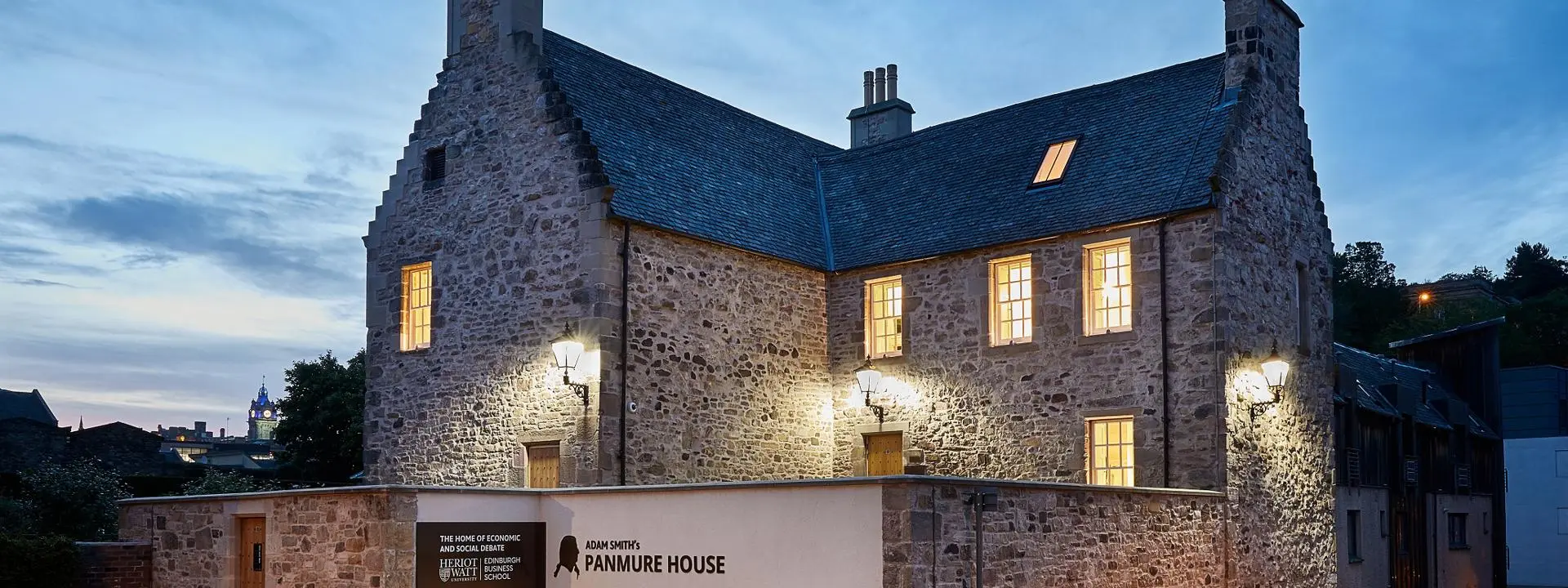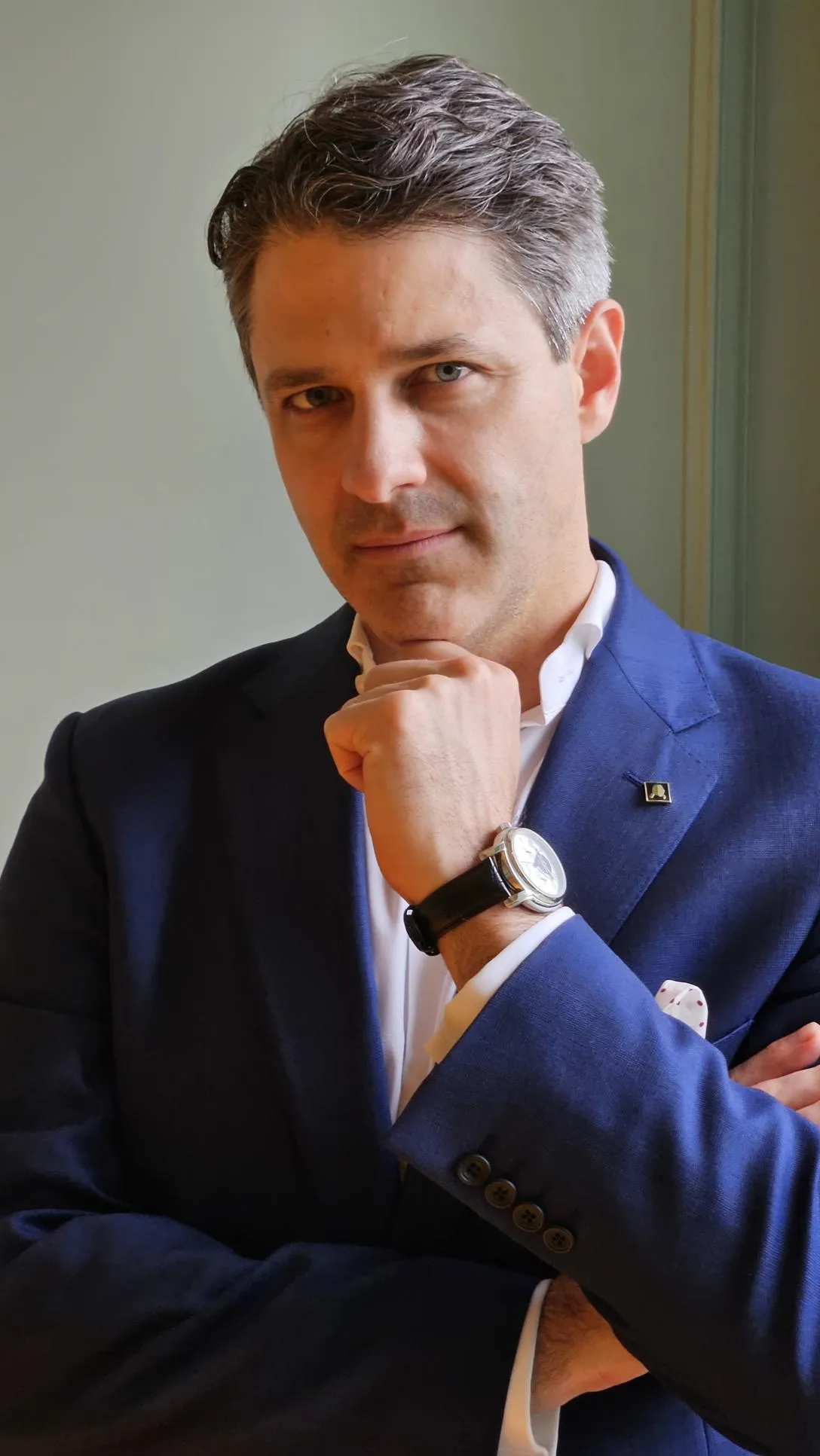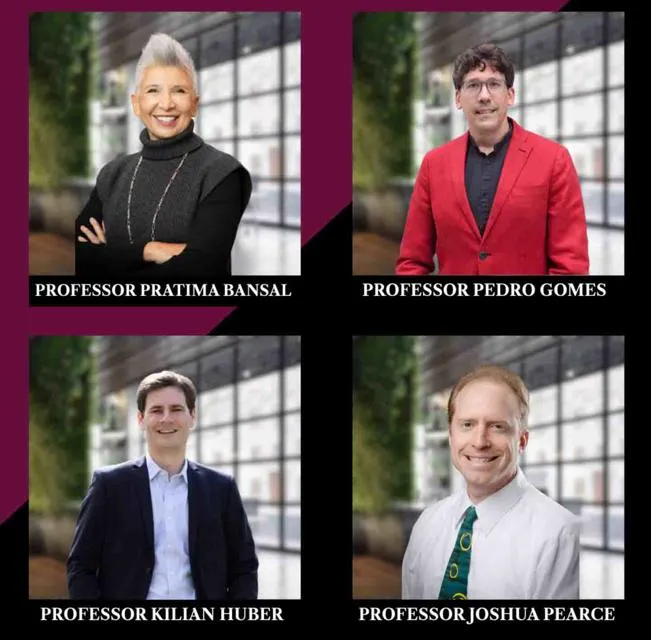Shortlist announced for Panmure House Prize

An international group of four leading researchers and scientists have been shortlisted for the prestigious $75,000 Panmure House Prize.
This year’s competition attracted entries from across North America, Europe, and beyond, reflecting the global reach of the award.
Now in its fifth year, the Prize is named after Panmure House, the former Edinburgh residence of 18th-century Scottish economist and philosopher Adam Smith. It is regarded as one of the largest awards in financial research and is dedicated to advancing understanding of long-term thinking and innovation.
Our 2025 shortlist reflects not only the breadth of international expertise but also the importance of addressing long-term societal challenges.
Professor Adam Dixon, Adam Smith Chair in Sustainable Capitalism at Panmure House, said: "The Panmure House Prize continues to attract world-class thinkers from across the globe. Our 2025 shortlist reflects not only the breadth of international expertise but also the importance of addressing long-term societal challenges. This Prize is about rewarding bold, rigorous ideas that can shape the future for generations to come."

This year’s finalists are Professor Joshua Pearce, Professor Killian Huber, Professor Pedro Gomes and Professor Tima Bansal.
Professor Joshua Pearce is Thompson Chair of Innovation at Western University in Canada, whose background is in developing open-source hardware to accelerate scientific discovery.
“Open source hardware is developed in the same way as open-source software that drives the Internet,” he explains. “It means rapid innovation because we’re sharing ideas, allowing others to digitally replicate our technologies, and feeding back improvements. Many people can work together on the same problems, which makes innovation happen much quicker.”
Professor Killian Huber, University of Chicago Booth School of Business, whose research has found there to be a lack of long-term investment by firms.
“In our research, my co-authors and I show that many companies are too impatient, so they invest too little in long-run projects and machinery,” he said. “Investment in advanced economies has been too low in recent decades. We are now asking how companies can be encouraged to make better decisions that align with both societal needs and investor expectations.”
Professor Pedro Gomes, University of London, is recognised for his work on the economic and social impact of a four-day working week.
He said: “A shift this big will affect how we work, the well-being of workers, and the productivity of firms.
“It will also have wider effects in the economy, because leisure time is also when people consume, innovate, and learn. My research explores these complex effects and ultimately seeks to quantify whether now is the right time for such a change.”

Professor Tima Bansal, Ivey Business School, Canada, is a leading advocate for integrating sustainability into business strategy.
“I’ve worked over the last five years with 30 Canadian companies to develop a tool that integrates systems thinking with design thinking,” she said. “This approach allows us not only to generate rigorous research but also to help shape a more sustainable future.”
Entrants to the Panmure House Prize undergo a rigorous selection process, overseen by a distinguished panel of judges comprising leading scholars and practitioners in the field of economics, business and policy.
Each is evaluated based on their originality, scholarly rigour, potential impact, and relevance to contemporary economic and societal discourse.
Administered in partnership with FCLTGlobal, a non-profit organisation that promotes long-term investing, and supported by investment manager Baillie Gifford, the Panmure House Prize was first opened in 2021.
Prize winners use the award to conduct further research from their home institution, working to publicise and publish their findings widely within peer-reviewed journals, national and international press, as well as sharing the outcomes of their research at a public event held at Panmure House in 2026.
This year’s Prize Winner will be announced later this year.
For more information about the Panmure House Prize, including submission guidelines and key dates, please visit the website.